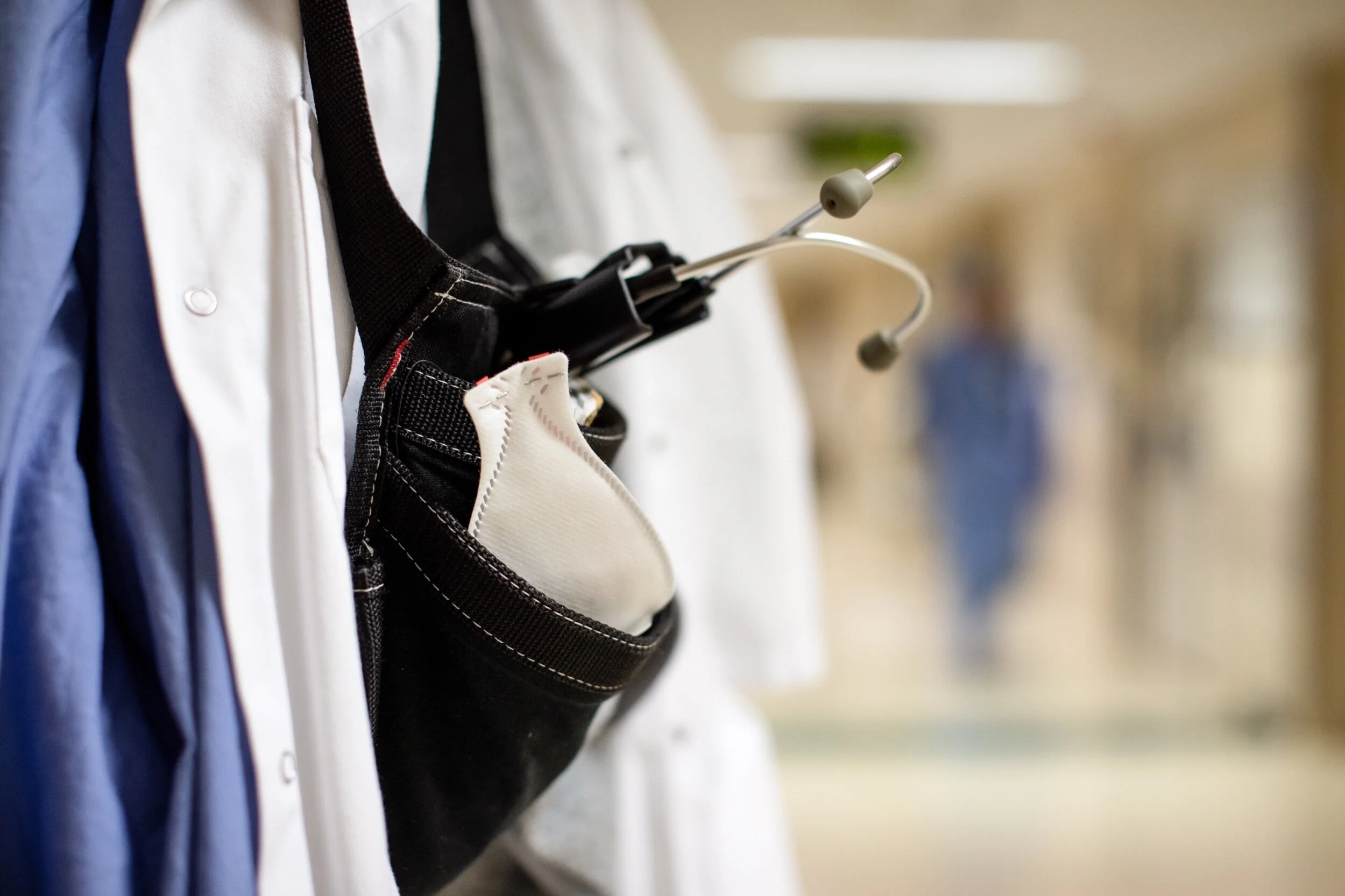What should we tell kids before sending them back to school? A Mayo Clinic pediatrician weighs in
When children return to the classroom this fall (in districts that are offering in-person instruction), they will be going back to an environment much different than the one they left in March, when the pandemic began to take hold of every aspect of American life. Masks will cover their smiles. Social distancing will prevent them from sitting in tight circles. Remembering to wash their hands will become as important as memorizing Shakespeare.
That is because if schools are to remain open, they will need students to adjust to a new set of expectations, ones that require them to rethink their own individual behaviors as well as how they interact with one another.
For parents, this means having conversations with your children — about what they can expect, how they can stay safe, and what they should do when their bodies do not feel right. To help navigate these discussions, we spoke with Dr. Angela Mattke, a pediatrician at Mayo Clinic Children’s Center. Below are some recommendations she offered on how you can prepare kids for a school year that will be anything but normal.
Go over what to expect.
One of the most important things you can do as a parent is to start to prepare your child on what they should expect when they return to the in-school environment, according to Dr. Mattke.
When it comes to younger children, for instance, that may mean teaching them what six feet of distancing looks like, and then providing real-life examples of how they can practice it when they are lining up in the cafeteria, walking in the halls, or sitting next to their peers in class.
Teaching kids how to correctly wear a face mask, so it fits properly around their nose and chin, is also important, said Dr. Mattke; as is reminding them to scrub their hands regularly, and for 20 seconds each time.
Dr. Mattke also stressed the need to prepare children for various situations, some of which, like eating lunch, may cause confusion.
“Some kids may feel a little concerned about having to take their mask off [to eat] because we are telling them they need to keep it on at all times. So, we want to teach them it’s okay, as long as they are spaced appropriately, to take their masks off when they are eating,” she said.
Keep the Messaging positive — but be honest.
Things are going to look and feel different, but that does not mean the dialouge around the change needs to be all doom and gloom.
In fact, Dr. Mattke noted that there are going to be many aspects of the return to school that kids are looking forward to, like meeting their teachers and reuniting with their friends, albeit from a distance.
To that end, she suggested keeping the messaging positive. Rather than only focusing what you cannot do, talk about what you can do — how taking steps like wearing masks and washing hands can be productive and helpful.
“Explain that these are things they can do to keep themselves and other people healthy; that they have an important job that they are going to be participating in to help make sure everyone stays safe,” she said.
All this is not to say that the messaging should be sugar coated. Dr. Mattke said it is important parents have candid conversations with their children, while also leaving ample space to field any questions they may have.
“Sometimes you won’t have all the answers as parents and that’s okay; and you may say to your child that you don’t have the answers, but that you can talk to somebody or you can look for those answers together,” said Dr. Mattke. “That can create a really honest and open conversation, and help build trust with your child.”
Empower them to speak up.
While children tend to have more mild reactions after contracting the coronavirus, that does not mean they are immune to Covid-19. Research also shows that children can be transmitters of the virus.
That is why it important for kids to be informed about what to look out for in the event they begin to develop Covid-related symptoms.
According to Dr. Mattke, this starts with encouraging children to speak up if and when they begin to feel like something is not right.
(Common symptoms of Covid-19 include having a fever or chills; muscle or body aches; shortness of breath or difficult breathing; congestion or a runny nose; a sore throat; and/or diarrhea.)
“Kids normally know when they don’t feel right, when something feels different,” she explained. “So, we need to empower kids that it’s okay if you are not feeling well to let somebody know. You are not going to get in trouble, it doesn’t mean you did anything wrong. But we have to know if we are not feeling well so that we can keep everyone else safe.”
In addition to empowering children to keep adults abreast of changes in how they feel, Dr. Mattke also underscored the value in encouraging kids to get creative. Yes, we must remain distant from each other physically. But that should not stop us from interacting, learning, and having fun.
“We are going to have to be inventive,” she said, “and this period gives them some opportunities to create new games and new ways to play together.”
Sean Baker is a Rochester journalist and the founder of Med City Beat.








